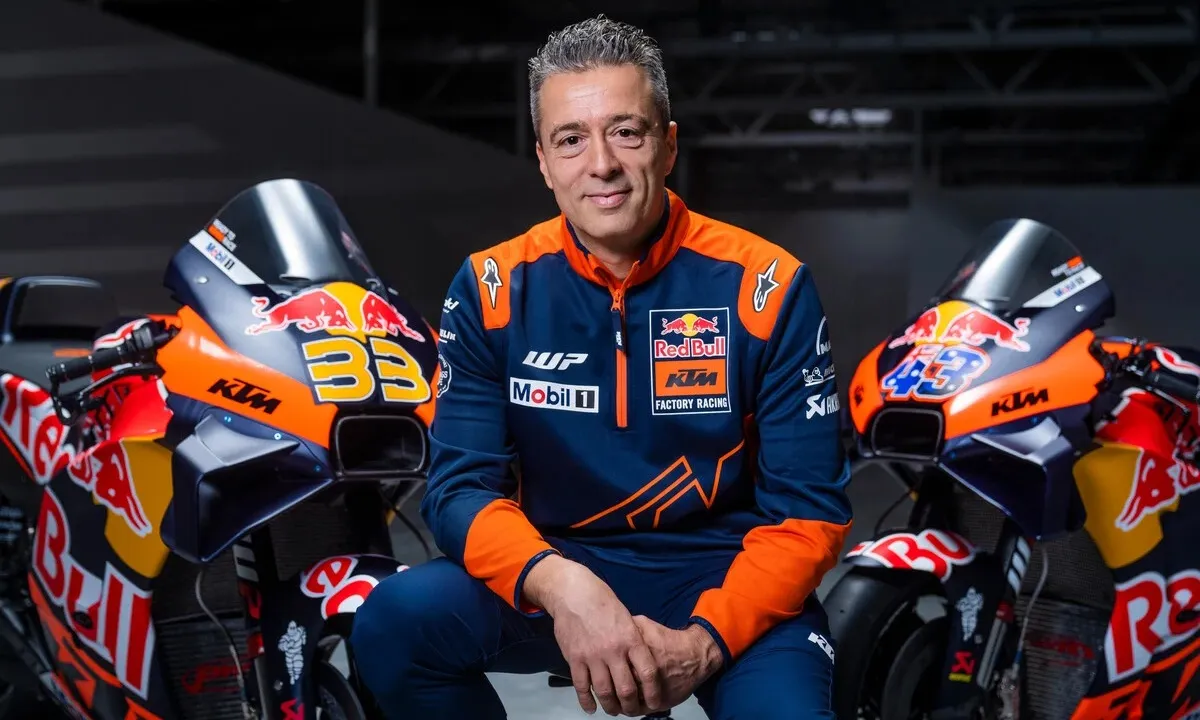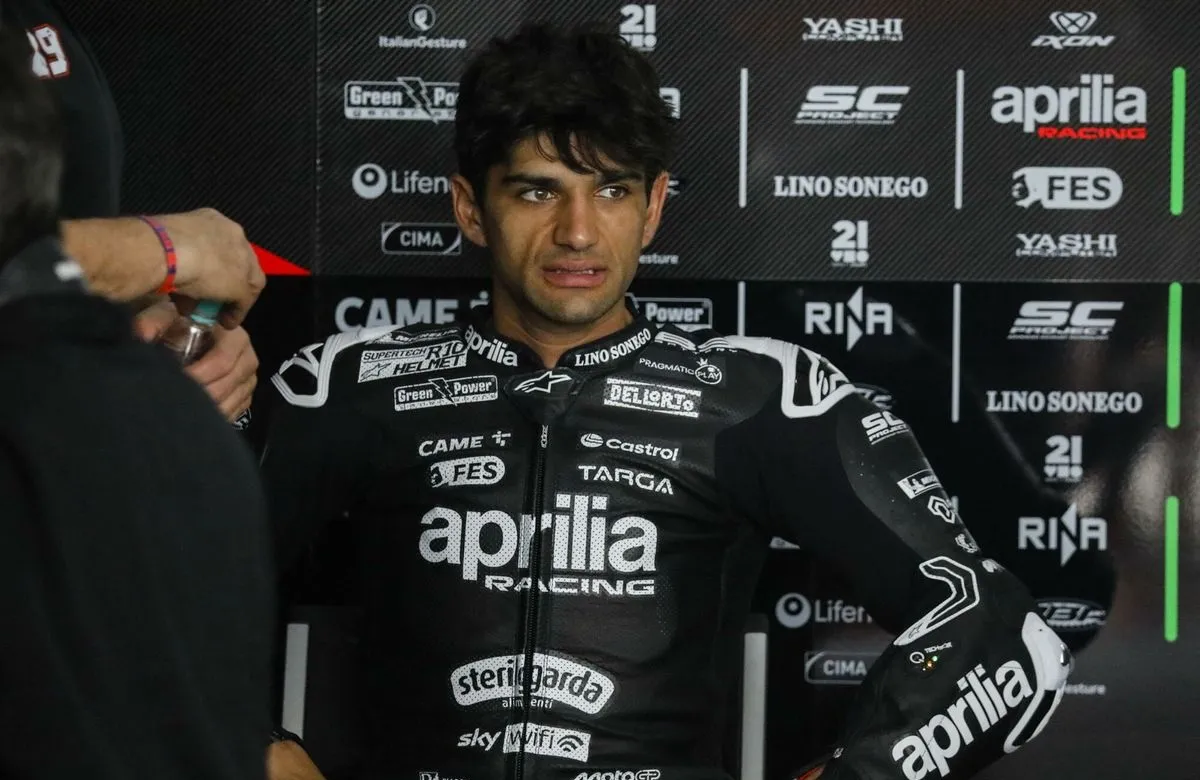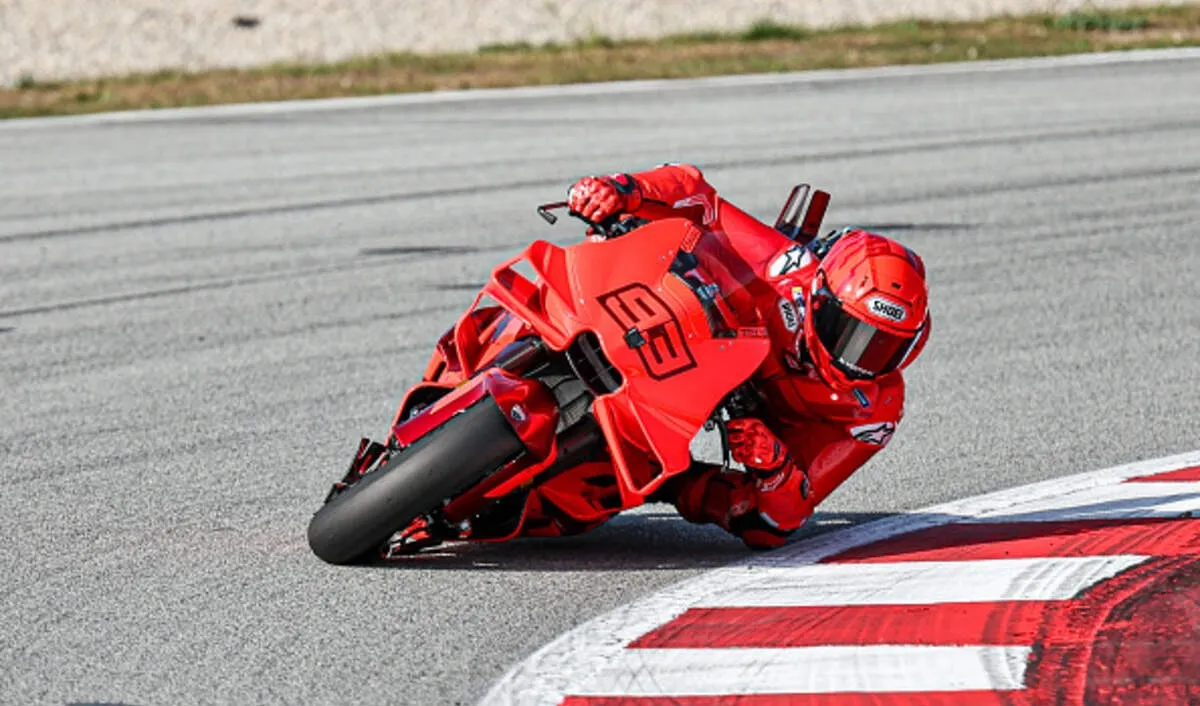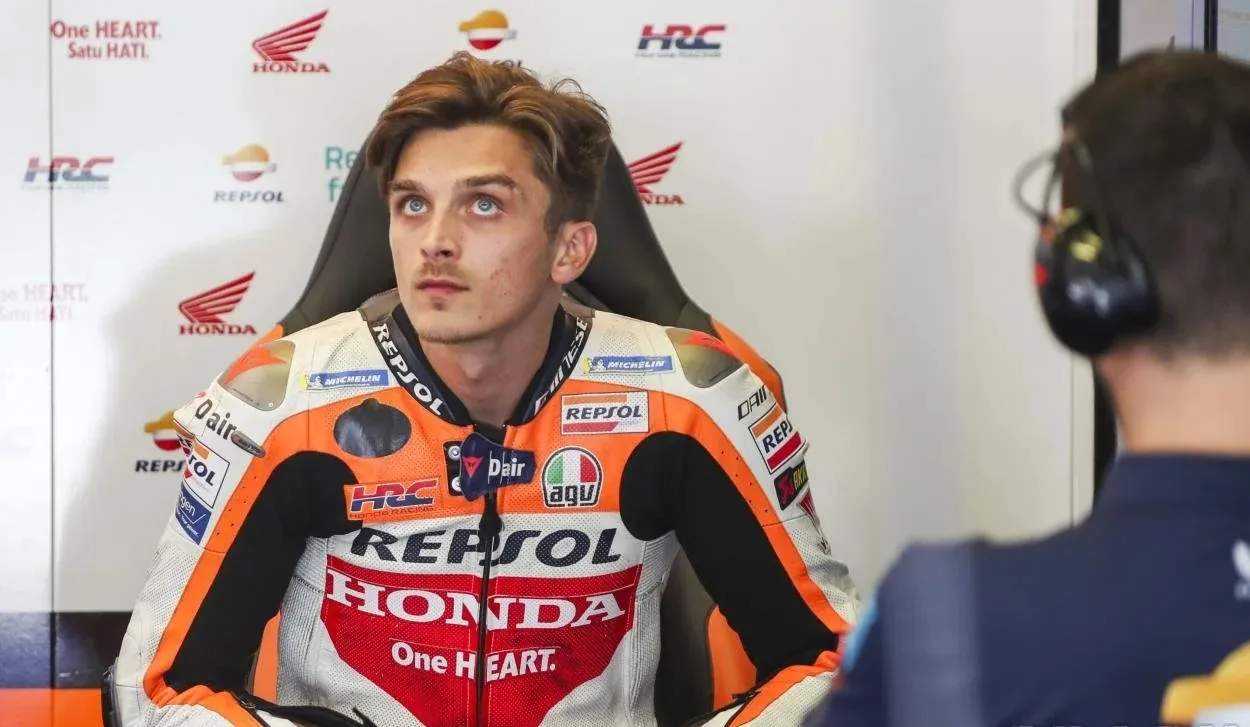
LCR team boss Lucio Cecchinello says his team strengthened its working relationship with Honda amid the Japanese marque’s miserable 2024 campaign.
Honda and LCR have enjoyed a satellite partnership in MotoGP since 2006, with the pairing yielding four grand prix wins from 2016 to 2022 courtesy of Cal Crutchlow and Alex Rins.
The last three seasons have been especially tough, however, as the competitiveness of the RC213V has slumped to the point Honda has been last in the constructors’ table between 2022 and 2024.
But LCR and Johann Zarco proved to soften Honda’s woes somewhat in 2024, with the Frenchman the marque’s leading rider in the standings in 17th and achieving its best grand prix result of eighth at the Thai GP.
Zarco’s form ensured he became a key voice in the development of the bike, with Cecchinello revealing that his team’s working relationship with Honda has never been better.
“Of course, we collected a lot of data and what is important this year - more than ever - we worked closely with HRC, also our engineers worked closer with HRC and we provided a lot of data, a lot of information, including ‘videometry’ and so on,” he told the MotoGP world feed during the post-season Barcelona test.
“So, we have a clearer idea about where we have to concentrate our development effort.
“During the winter we will of course prepare the 2025 motorbike. The 2025 spec, what we will have in Sepang will be quite similar to the bike we are testing [in Barcelona].
“We expect to be stronger on the rear grip, because mechanical grip is where all our riders complain more.
“We will try to improve the turning of the machine and deceleration also. It’s something that we are focused on improving those areas.”
Honda’s engineering team for 2025 has been strengthened by the arrival of Romano Albesiano from Aprilia as technical director. He officially starts in January 2025.
Though Albesiano is yet to begin his work with Honda, Cecchinello believes his appointment is “a sign” the Japanese marque is aware of what it needs to do to be successful again.
“I don’t want to say that it surprised me,” Cecchinello said.
“But it’s a sign that Honda recognises how MotoGP is going in a direction where, even if you are a high-skilled manufacturer, you need the best people with specific experience of developing MotoGP machines.
“Honda have very good engineers. But logistically, MotoGP is a lot about racing in European, using European suppliers, Formula 1 technology is transferring to MotoGP.
“Japan is not necessarily the best [place] to develop a MotoGP machine.”



